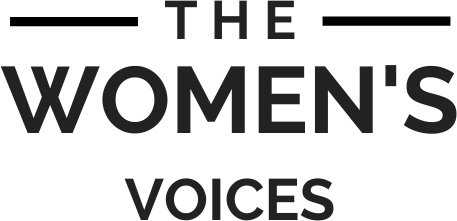Namibia, a country in Southern Africa, has elected its first female president. Netumbo Nandi-Ndaitwah, 72, a member of the ruling Swapo party, marks a groundbreaking moment in the country’s political history. However, her victory, marked by ambitious promises and controversial elections, highlights colossal challenges, such as the soaring unemployment rate.
A Historic First-Round Victory
Netumbo Nandi-Ndaitwah was elected president of Namibia with 57.31% of the vote in the first round, according to the electoral commission’s announcement on Tuesday evening. At 72, this prominent figure in the independence struggle becomes the first woman to lead the country of three million people. Backed by Swapo (South West Africa People’s Organisation), the party in power since independence in 1990, the candidate known as “NNN” stood out for a campaign that linked age with wisdom.
“Thank you for your trust,” Ms. Nandi-Ndaitwah modestly declared, dressed in an orange silk gown, thin glasses, and a matching hat, promising to fulfill the commitments made to her voters. Among her priorities is the creation of 250,000 jobs within five years, an ambitious promise in a country where youth unemployment exceeds 46%. “The business world can only prosper if politics is stable,” she emphasized.
A Seasoned Activist with Conservative Stances
Daughter of an Anglican pastor and a long-time activist, Netumbo Nandi-Ndaitwah forged her political experience in exile, particularly in Russia, where she was trained by the Komsomol, the youth organization of the Soviet Communist Party. Former vice president and foreign minister, she is known for her conservative views, including support for strict abortion legislation.
While her election is a symbolic step forward for women in politics, her program does not garner unanimous support among Namibia’s youth. “The abundant mining activity does not really translate into improved infrastructure or job opportunities,” notes independent analyst Marisa Lourenço, highlighting the continued frustration of the youth as a major challenge.
A Controversial Election with “Multiple Irregularities”
The presidential and legislative elections, held on November 27, were extended twice due to logistical issues. A shortage of ballots and technical malfunctions, such as the overheating of tablets used to verify identities, led to long queues. Some voters gave up after waiting for up to 12 hours.
The main opposition candidate, Panduleni Itula from the Independent Patriots for Change (IPC) party, condemned the “chaotic elections” which, according to him, were marked by “multiple irregularities.” With only 25.50% of the vote, he announced his intention to challenge the results. “We cannot call these elections free, fair, and legitimate,” he said.
Observation missions, including those from the African Union (AU) and the Southern African Development Community (SADC), also noted anomalies. Despite these controversies, voter turnout was high, reaching 76% of registered voters.
Swapo Loses Seats But Retains Dominance
Swapo, once a Marxist-inspired liberation movement, also won the legislative elections, securing 51 seats out of 96. However, this result is a decline from the previous 63 seats, reflecting a loss in popularity. The massive youth unemployment and persistent inequalities have eroded citizens’ trust in the historic party.
Namibia remains, after South Africa, the second most unequal country in the world, according to the World Bank. Despite an economy largely based on mining, particularly uranium, the wealth generated does not translate into significant progress for the population. This reality contrasts with the promises made by the new president, who will need to balance social expectations with economic attractiveness.
The election of Netumbo Nandi-Ndaitwah as president marks a historic advancement in a country where women remain underrepresented in politics. However, this victory is tempered by major challenges. Restoring trust in Swapo, addressing youth precariousness, and overcoming logistical hurdles in future elections will be key priorities for the new president.



